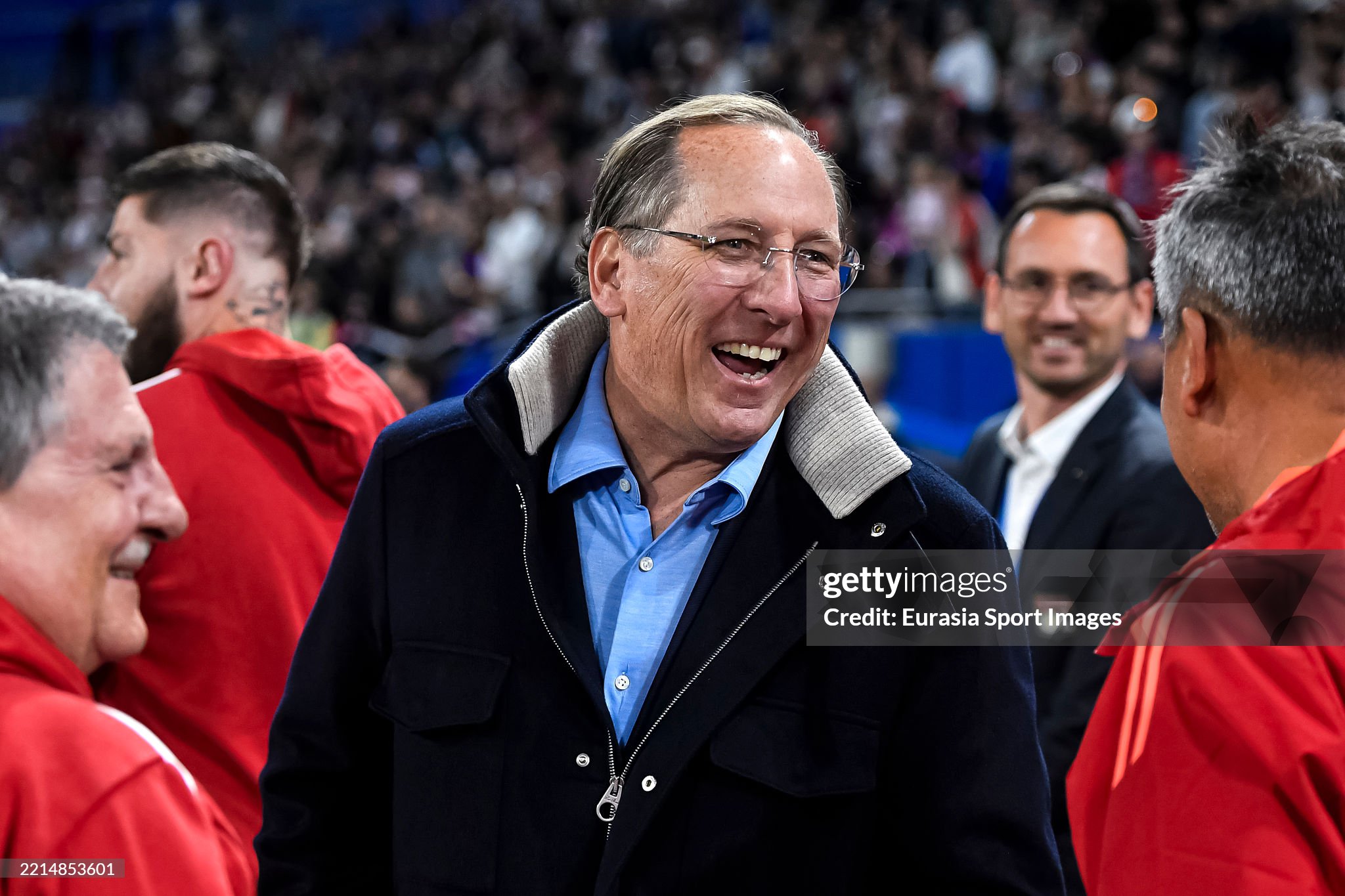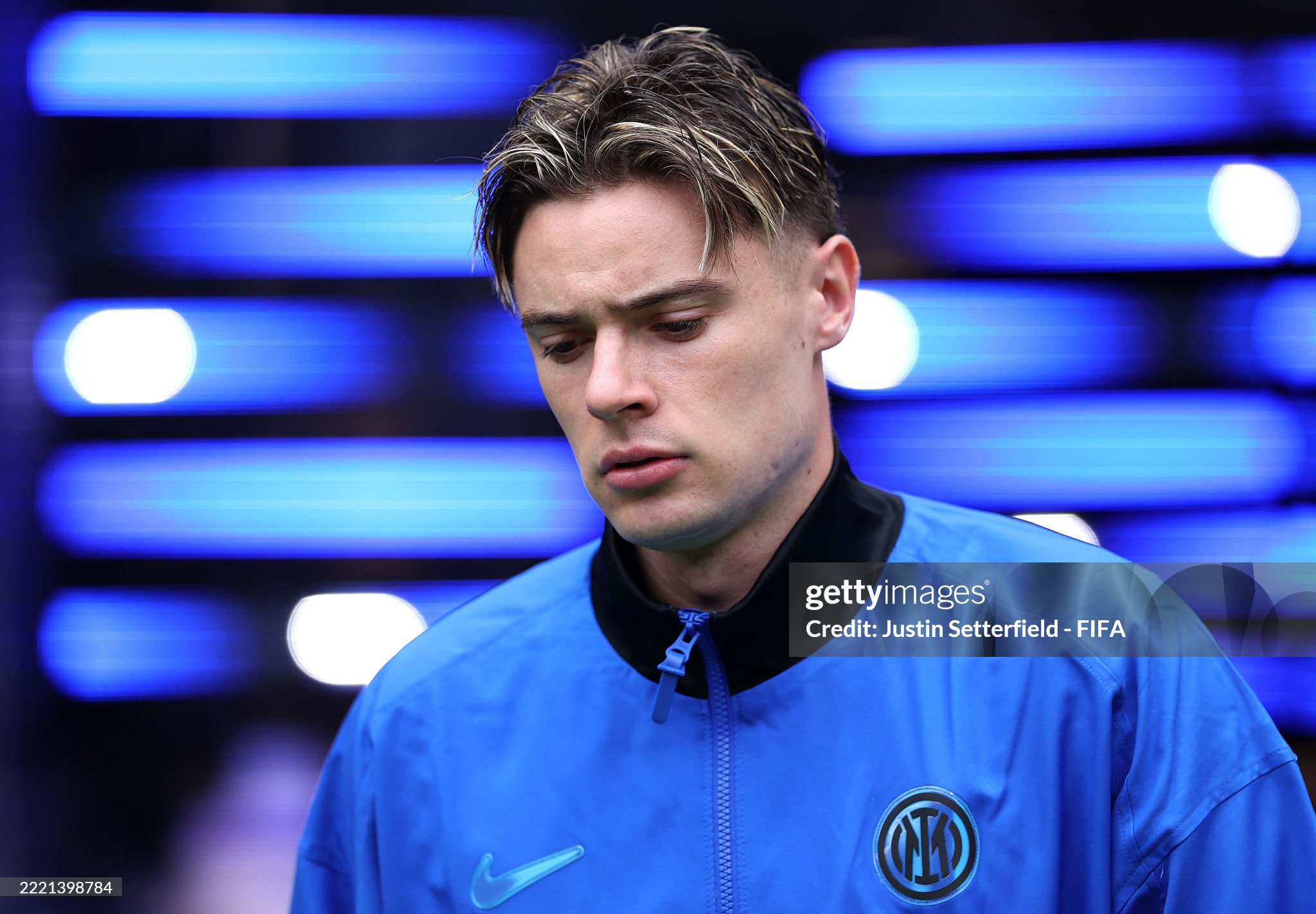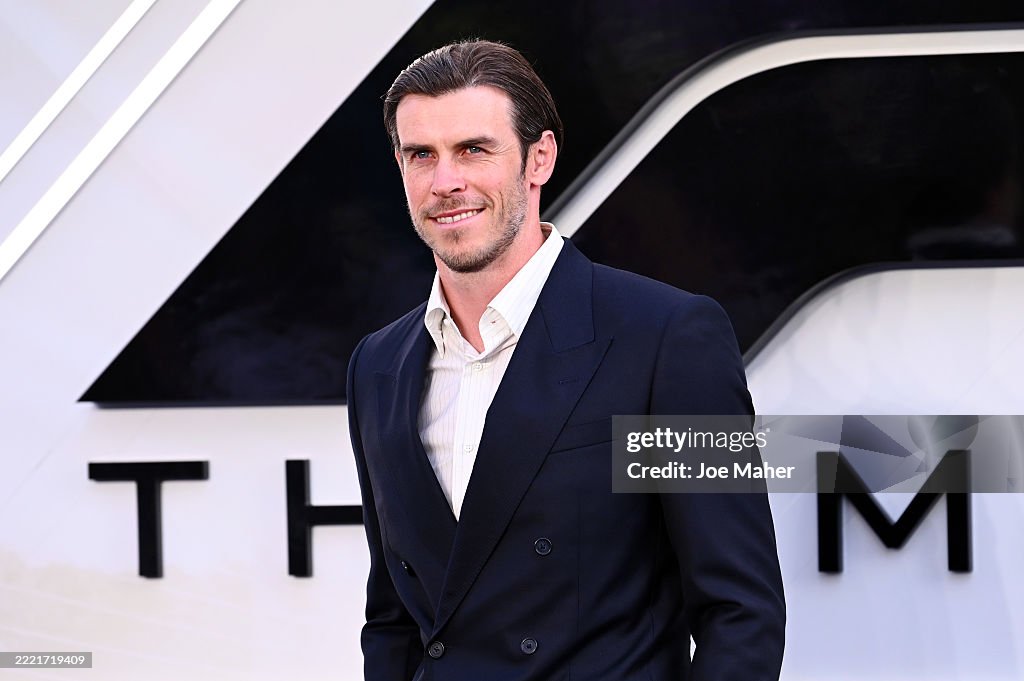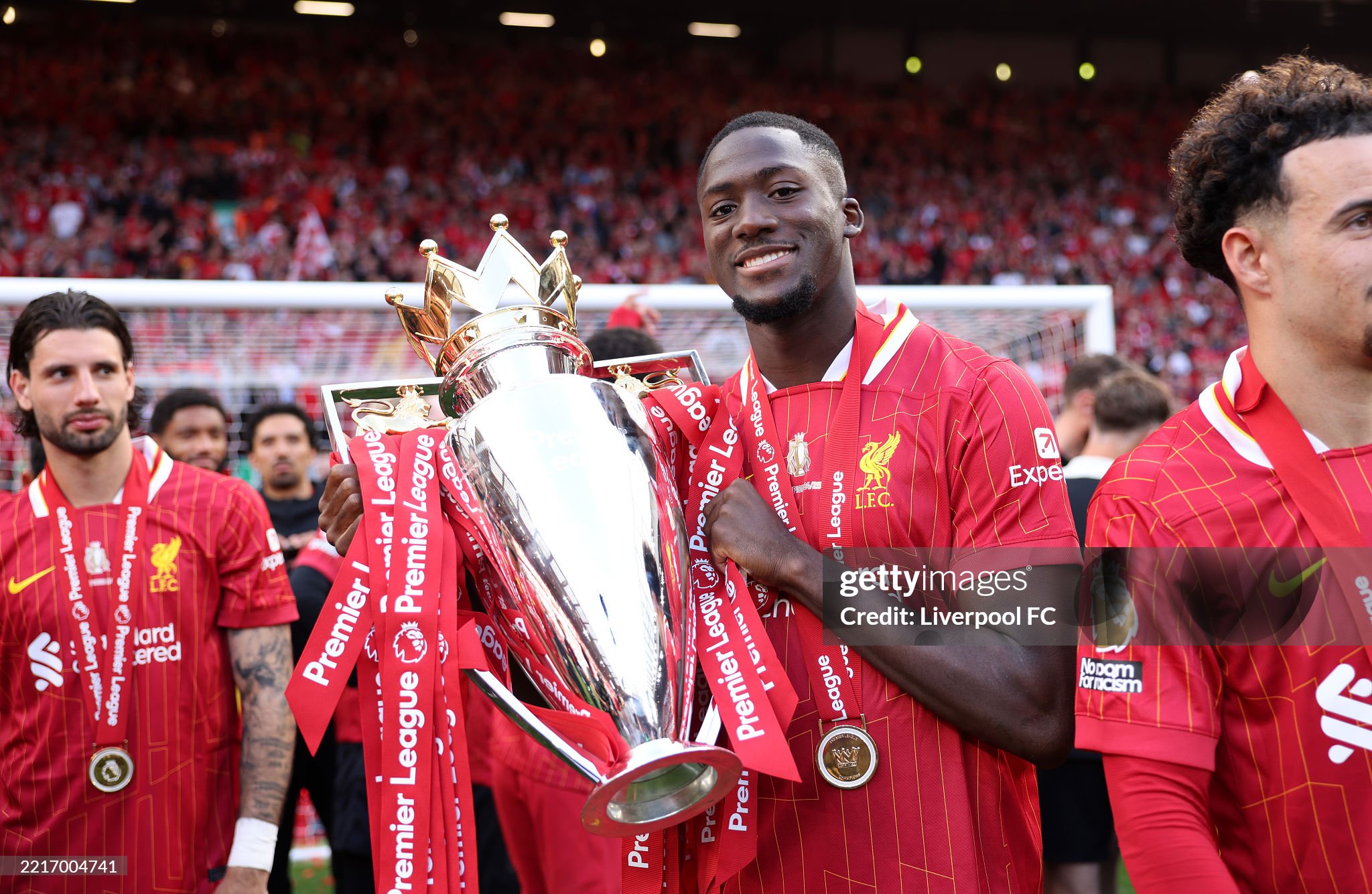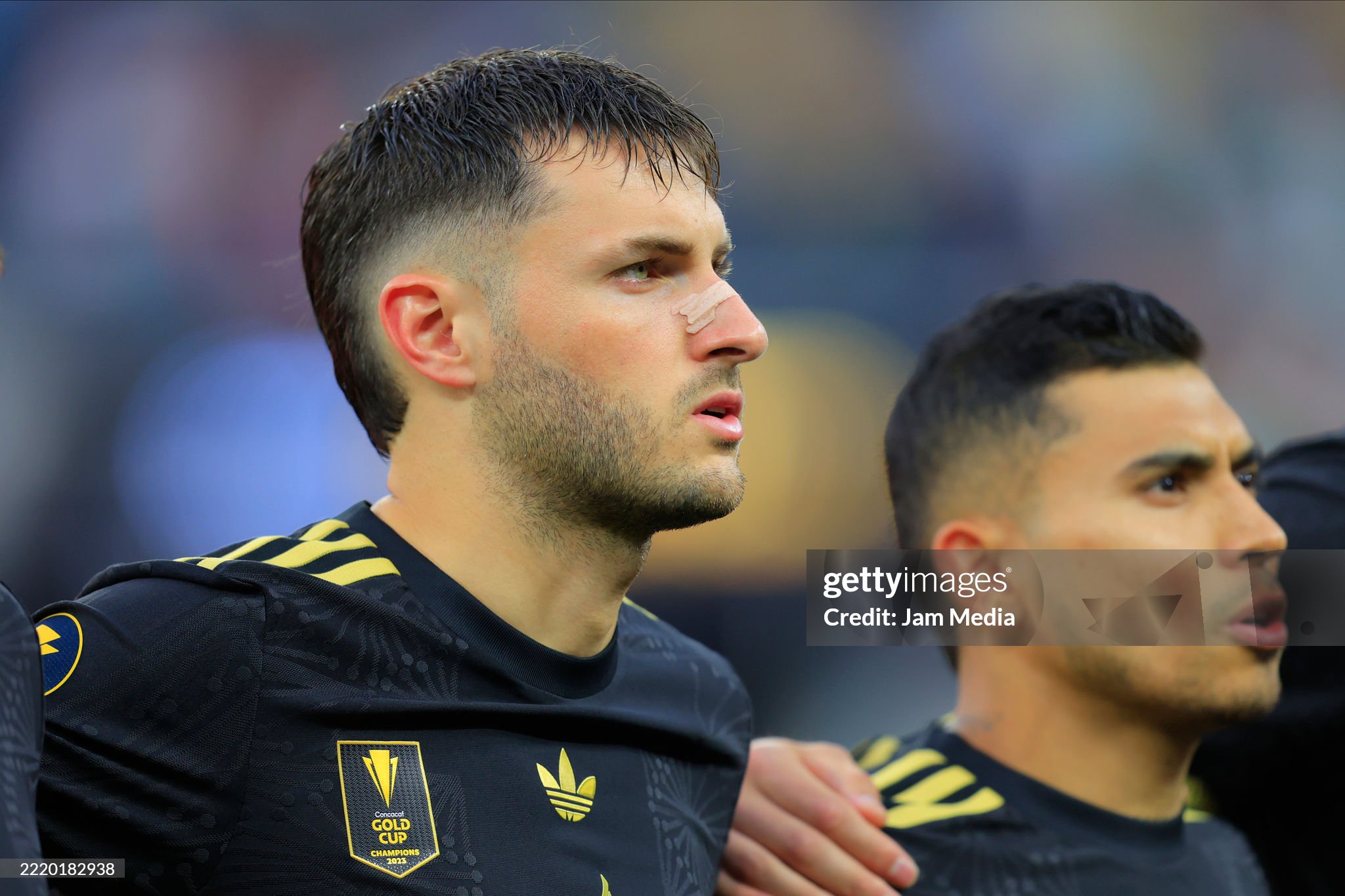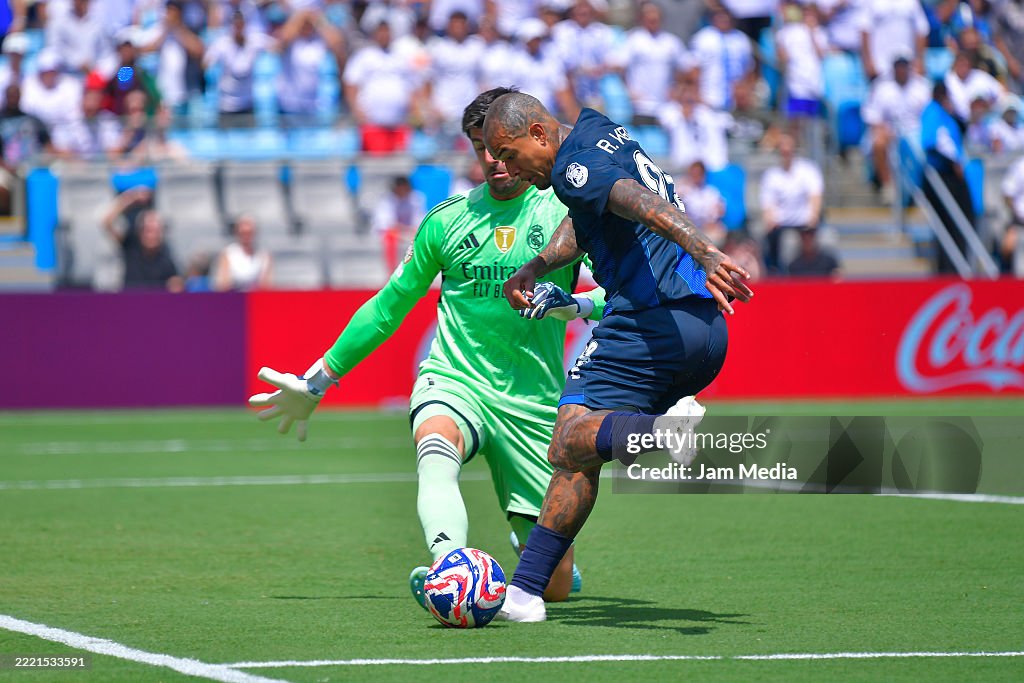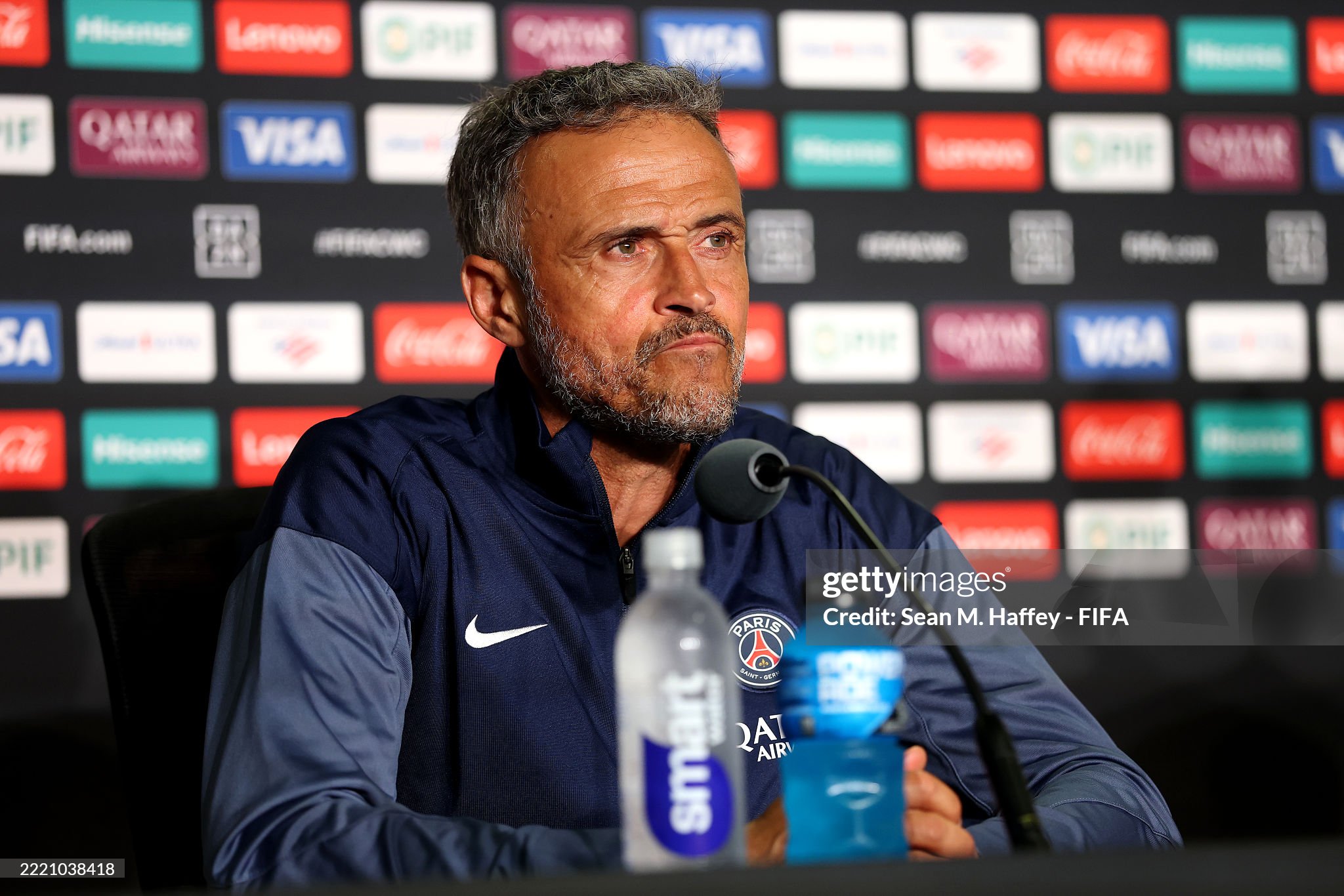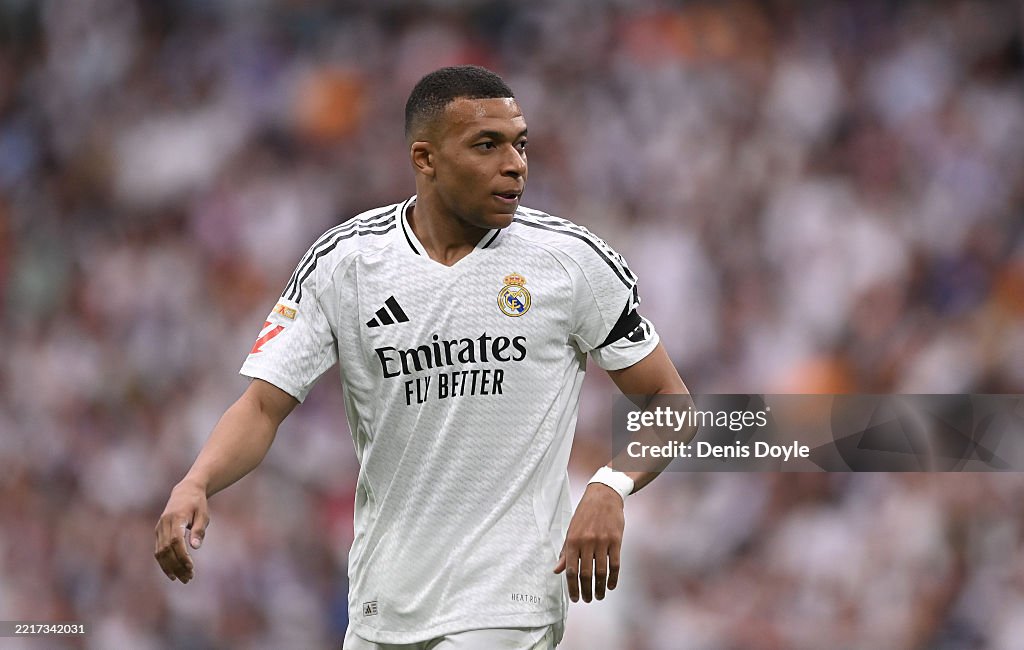Owner John Textor is facing heavy criticism now that Olympique Lyon has been relegated to Ligue 2 until further notice due to the club’s financial disorder. Both the ultras and club legend Sidney Govou have completely lost patience with the American businessman.
Olympique Lyonnais is facing one of the darkest moments in its modern history. Once a dominant force in French football, with seven consecutive Ligue 1 titles and a reputation for developing top talent, the club is now engulfed in chaos relegated to Ligue 2 and imploding under the weight of financial disorder and mismanagement.
At the center of it all is American businessman John Textor, whose stewardship of the club has sparked outrage among fans, criticism from former legends, and a storm of controversy that shows no signs of calming.
Textor, who became Lyon’s majority shareholder in 2022, arrived promising modernization, ambition, and global integration through his multi-club ownership model. Alongside his control of Lyon, he also owns Brazilian side Botafogo, Belgian club RWD Molenbeek, and until recently, held shares in Crystal Palace. But while his business empire spans continents, his focus or lack thereof has been a point of contention from day one. Fans and analysts have long accused him of giving preferential treatment to Botafogo, often using Lyon as a secondary project rather than a central pillar of his football vision.
Over the past two seasons, the situation at Lyon has deteriorated at an alarming rate. Under Textor’s leadership, the club has gone through multiple managerial changes, internal restructuring, and financial instability that ultimately led to their demotion. The DNCG, French football’s financial watchdog, ruled that Lyon did not meet the necessary financial criteria to remain in Ligue 1, effectively demoting one of France’s most historic clubs to the second tier. For many, it was a tipping point that turned frustration into outright fury.
The backlash has been fierce. The Bad Gones, Lyon’s most influential and passionate ultra group, publicly called for Textor’s resignation in a blistering statement. Their message, which was echoed across the city on banners hung near the stadium and in the streets, left no room for ambiguity. “John Textor was never the right man for this club, and he never will be,” they declared. “This Botafogo fan must leave Lyon immediately. It’s time for the keys to Olympique Lyon to be handed over to someone who respects our institution.”
The tone of the protest reflects a deep sense of betrayal among the fanbase. Lyon supporters had long been used to a certain level of stability and vision under former president Jean-Michel Aulas, who ran the club from 1987 until 2023, turning it into a powerhouse. Though not without his critics, Aulas was widely respected and is now being looked back on with nostalgia as supporters long for the days of clear leadership and footballing identity.
Former players are also speaking out. Sidney Govou, a club icon who won seven Ligue 1 titles with Lyon and earned 49 caps for France, didn’t mince words in his interview with Le Parisien. “I’m angry,” he said bluntly. “John Textor has destroyed everything in just two years. He has absolutely no credibility left as Lyon’s president. But he’s not the only one to blame. There are people inside the club who enabled him, who gave him bad advice they’re just as responsible.”
Govou questioned whether Textor and his team have any emotional investment in the club at all. “If OL goes under tomorrow, he’ll just go back to Botafogo and keep doing the same stupid things there. He doesn’t understand what this club means to the city, to the fans, to us former players.”
Many believe the multi-club model itself has proven unsustainable when not backed by deep understanding and genuine commitment to each individual institution. While the idea of shared resources, data, and development pathways might sound appealing in theory, its execution at Lyon has left the club adrift lacking a clear sporting direction, competent financial management, and a cultural connection with its own community.
The financial irregularities that led to the club’s relegation have not been publicly detailed in full, but sources close to the DNCG suggest misrepresentation of revenue forecasts, unpaid obligations, and unconvincing financial guarantees for the upcoming season. These red flags, combined with Lyon’s poor on-field performances and loss of key players, have painted a bleak picture of a club in freefall.
Jean-Michel Aulas, who had once handpicked Textor as his successor and later distanced himself from the American, also voiced his heartbreak on social media. “This is a huge blow for everyone who loves Olympique Lyonnais,” he posted on X. “I always gave everything to prevent this. It’s just incomprehensible.” His words struck a chord with fans who now see him as the last bastion of an era that, despite its flaws, was at least grounded in passion and purpose.
Where Lyon goes from here remains uncertain. Relegation to Ligue 2 brings with it a sharp drop in revenue, reduced television rights, and the likely departure of several players unwilling to compete in the second division. The club will also have to rebuild its credibility with both supporters and the footballing authorities.
Whether Textor steps down, sells the club, or attempts to cling to control in defiance of public opinion, the path forward will be difficult. What’s clear is that Olympique Lyonnais stands at a crossroads, its proud legacy hanging in the balance and a fanbase united in anger, heartbreak, and the desperate hope for renewal.
